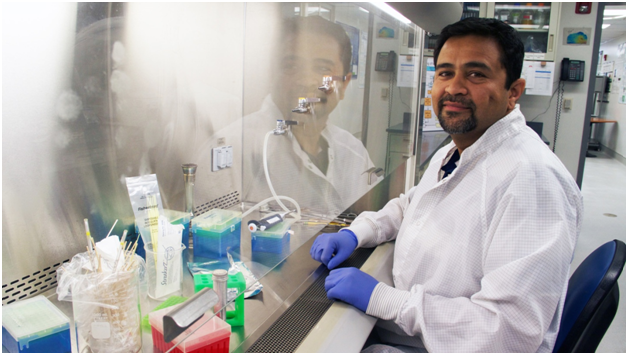Vaccine development has significantly reduced the number of diseases and infections prevalent in the world. But developing a vaccine is a long and complicated process that may take over a decade of research. Toxicology studies come into play during the pre-clinical and clinical phases of vaccine development to ensure that it’s safe to use.
There are five different types of IND Enabling Toxicology Studies in the evaluation of vaccine safety. They are:
Single and/or Repeat Dose
We conduct single-dose tox studies in relevant species to help us identify the upper bounds of exposure on target organs. This enables us to fix the maximum tolerated dose (MTD) for specific compounds. Single-dose studies can also identify and characterize the acute toxicity profile. We can use the data gleaned from these studies to determine the margins for repeated-dose tox studies.
Repeat-dose toxicity studies aim to evaluate the adverse effects of compounds administered repeatedly over a period of time. The duration of repeat-dose studies vary from
- short – daily dosing for up to 14 days
- subchronic – dosing up to three months
- Chronic – dosing longer than three months and usually up to two years
Reproductive and Developmental
Vaccines often come under suspicion of having harmful side-effects on the reproduction and development of children. We design the pre-clinical developmental toxicology studies to assess potential risk and possible influences of each component of the vaccine. These IND Enabling Toxicology Studies cover all phases of development (from fetus to sexual maturity) and adult fertility in one or more generations.
Mutagenicity
Every vaccine must undergo thorough mutagenicity tox studies before it gets approved. These studies ensure that the components in the vaccine will not cause any genetic mutations that might lead to genetic instabilities and diseases. We use several well-validated test systems to ensure this. These tests are capable of detecting induced gene mutations as well as numerical and structural chromosomal changes.
Carcinogenicity
The word carcinogen denotes a chemical substance or a mixture which induces cancer or increases its incidence. Carcinogenicity tox studies have progressed from epidemiological observations to long term rodent bioassays supported by a variety of in vitro procedures.
Controlled exposure studies for carcinogenesis are unethical. But we can obtain such information from epidemiology studies. Particularly for occupations involving high exposures to particular chemicals. These tox studies aim to identify and negate harmful chemical elements from the vaccines. Carcinogenicity studies for vaccines are the longest, and most expensive among IND Enabling Toxicology Studies.
Safety Pharmacology
Safety Pharmacology uses the basic principles of pharmacology in a regulatory-driven process to make a risk/benefit assessment. We use this to evaluate the onset, magnitude, and duration of the induced effects of the chemicals through single-dose toxicology studies. The safety pharmacology tox studies refine the risk assessment and reduce the risks of the vaccine during its pre-clinical test phase. These studies are generally conducted on conscious animals to record a continuous flow of data.
Vaccines undergo rigorous testing using IND Enabling Toxicology Studies before the clinical test phase. Without these various toxicology studies, the vaccines could not have reached its full potential and widespread, risk-free usage.












